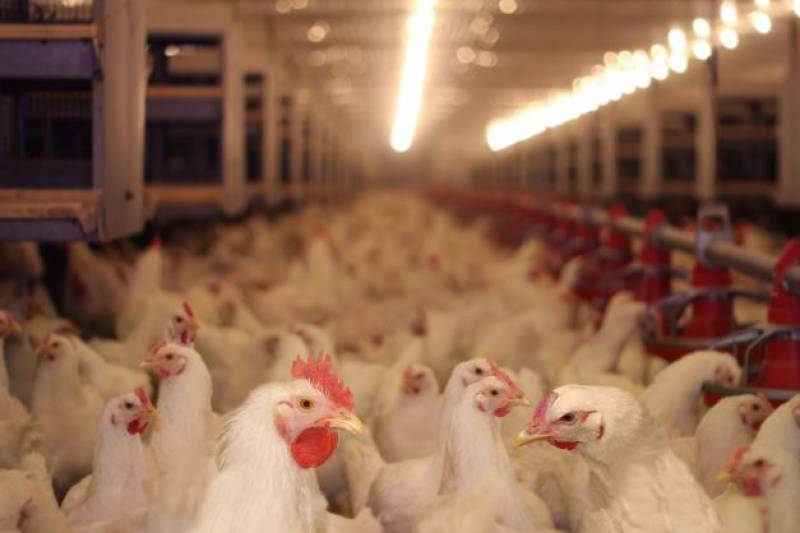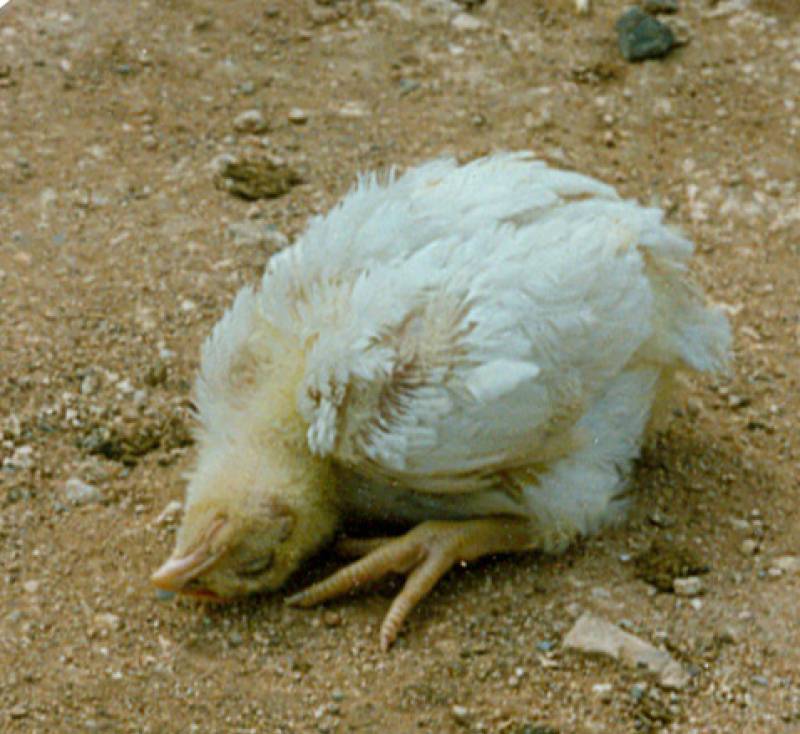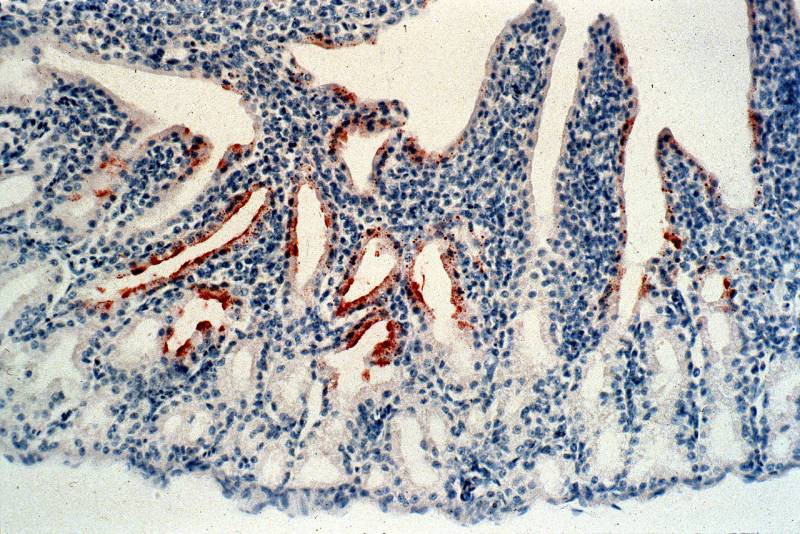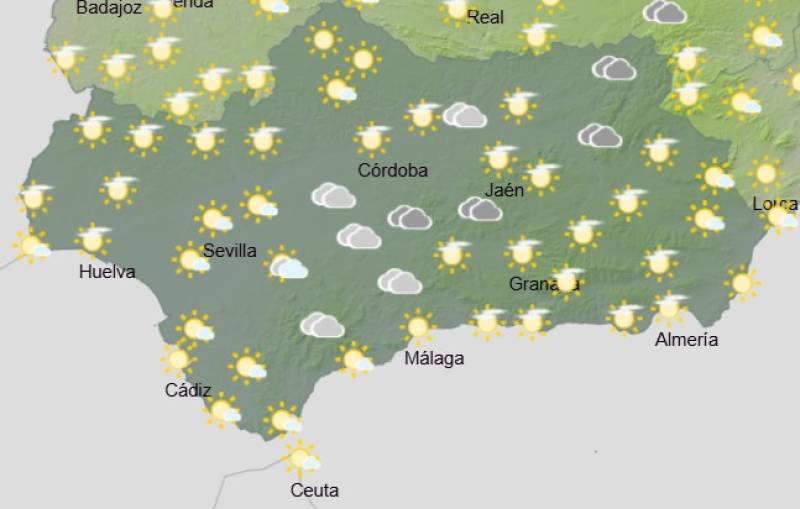

- EDITIONS:
 Spanish News Today
Spanish News Today
 Murcia Today
Murcia Today
 Alicante Today
Alicante Today
article_detail
Date Published: 05/07/2022
ARCHIVED - Newcastle disease, the virus that kills chickens but may be useful against cancer, detected in Almeria
The avian virus, which has been found on a huge chicken farm in Andalusia, has a mortality rate of 100% among chickens

An outbreak of Newcastle disease has been detected on a farm in Almeria, Spain, which keeps 10,000 six-week-old broiler chickens. The first symptoms were detected on June 24 and in the days since the mortality rate of the animals has increased significantly.
The last outbreak in Spain of Newcastle disease, also known as Virulent Newcastle disease, exotic Newcastle disease and NDV, was in November 2009 in a game bird farm in the northern province of Guipúzcoa in the Basque Country.
But while it is very contagious and extremely lethal to birds, it does have some surprising uses in the fight against cancer…
What is Newcastle disease?
The first recognised outbreak of Newcastle disease occurred in Java (Indonesia) in 1926 and shortly afterwards in Newcastle-upon-Tyne (England) in 1927, from where it acquired its name. Since then, the disease has been considered endemic in many countries.
Newcastle disease is a highly contagious viral infection, and farmed poultry are the birds most susceptible to the disease.
It is caused by a virus belonging to the genus Orthoavulavirus and the family Paramyxoviridae. Twenty-one serotypes of avian paramyxoviruses have been described and are designated as APMV-1 to APMV-21. The virus of Newcastle disease is APMV-1.
 The virus affects the respiratory, digestive or nervous systems of birds, and subjects usually present symptoms such as acute respiratory signs, followed by lethargy, greenish watery diarrhoea, oedema of the head and neurological signs such as torticollis (twisting of the head), spasms, tremors, paralysis, etc., with very high levels of mortality. Signs appear in the entire flock within 2-12 days after exposure to the virus. The mortality rate is variable, but can be as high as 100%.
The virus affects the respiratory, digestive or nervous systems of birds, and subjects usually present symptoms such as acute respiratory signs, followed by lethargy, greenish watery diarrhoea, oedema of the head and neurological signs such as torticollis (twisting of the head), spasms, tremors, paralysis, etc., with very high levels of mortality. Signs appear in the entire flock within 2-12 days after exposure to the virus. The mortality rate is variable, but can be as high as 100%.Can humans get Newcastle disease?
While it is mainly found in poultry like chickens, Newcastle disease can also infect humans, though it is not fatal. In humans, Newcastle disease causes flu-like symptoms or conjunctivitis within 24 hours after eye exposure to the virus. Eye infections are usually transient, but sometimes the damage is severe, causing eyelid oedema or subconjunctival haemorrhage. It can also cause fatigue, which usually disappears after three days.
How does Newcastle disease spread?
The usual route of infection in birds is by inhalation or ingestion of the virus. Newcastle disease is transmitted to humans by direct contact with body fluids of infected birds, especially their faeces, but also by secretions from the nose, mouth and eyes.
The virus may also be present in eggs laid during clinical disease and in all parts of the carcass for acute infections. Infected birds usually partially or completely cease egg production. Eggs may be abnormal in colour, shape or surface and have watery albumen.
In addition, the virus can be spread through objects that have been in contact with infected birds or their excretions. Movement of infected birds and transfer of virus by movement of contaminated people and equipment are the main methods of virus spread between poultry flocks.
Anti-cancer properties

Interestingly, NDV is able to replicate up to 10,000 times faster in human cancer cells than in most normal human cells. This is why it is considered to have some uses as a cancer treatment.
An oncolytic virus is defined as an agent that can selectively replicate in cancer cells and kill them without harming healthy cells. Currently, several oncolytic virus therapies, such as Oncorine (H101), Rigvir, T-VEC and Delytact, are approved for some clinical cancer treatments. Delytact is a genetically modified herpes simplex virus (HSV-1) that was approved in Japan in 2021 for the treatment of patients with malignant glioma. The potential immune-stimulating and antineoplastic properties of Newcastle disease virus were first reported in 1965.
Vaccinating against Newcastle disease
Newcastle disease can be prevented by vaccination. Vaccines are available for chickens, turkeys and pigeons. Healthy chicks are usually vaccinated from day 1 to 4 of life. Unfortunately, vaccines against Newcastle disease do not provide sterile immunity, but they do induce a strong production response.
Image 1: Archive
Images 2 & 3: Wikimedia commons
staff.inc.and
Loading
Sign up for the Spanish News Today Editors Roundup Weekly Bulletin and get an email with all the week’s news straight to your inbox
Special offer: Subscribe now for 25% off (36.95 euros for 48 Bulletins)
OR
you can sign up to our FREE weekly roundup!
Read some of our recent bulletins:
Discount Special Offer subscription:
36.95€ for 48 Editor’s Weekly News Roundup bulletins!
Please CLICK THE BUTTON to subscribe.
(List price 3 months 12 Bulletins)
Read more stories from around Spain:
Contact Murcia Today: Editorial 000 000 000 /
Office 000 000 000


















